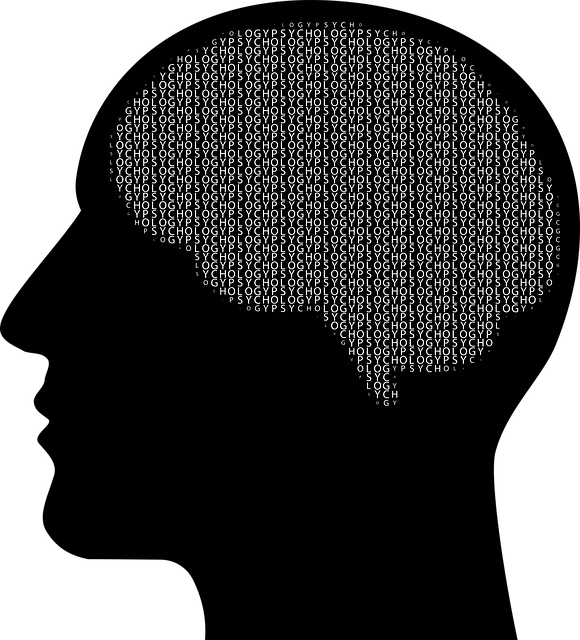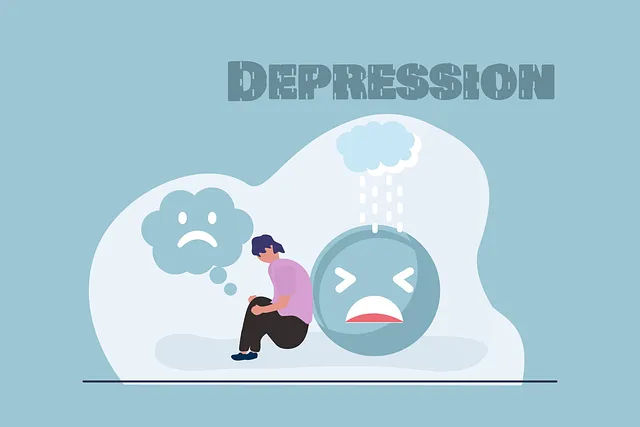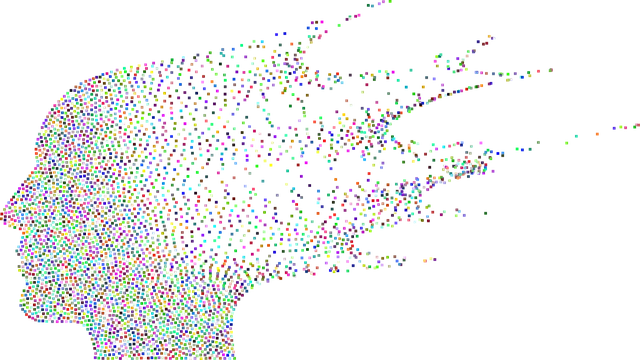Crisis Intervention Teams (CITs), comprising professionals from various fields, swiftly address acute psychological crises with safety as their core priority. The Golden Kaiser mental health programs enhance CIT members' skills through empathy building, self-awareness exercises, and resilience activities, improving their ability to handle complex scenarios. This training equips them with emotional intelligence, stress reduction methods, and cultural sensitivity, fostering compassionate support during crises. The programs prioritize continuous improvement via robust evaluation methods, ensuring relevant content aligned with best practices in mental health care.
In today’s complex social landscape, crisis intervention teams (CITs) play a pivotal role in mitigating high-risk situations. This article explores the vital training programs that empower these teams to effectively manage crises, with a special focus on Golden Kaiser Mental Health Programs’ comprehensive approach. We’ll delve into key components of CIT training, strategies for real-world application, and evaluation methods to ensure continuous improvement. Understanding and enhancing crisis intervention training is essential in fostering healthier communities.
- Understanding Crisis Intervention Teams: Their Role and Impact
- Golden Kaiser Mental Health Programs: A Comprehensive Overview
- Essential Components of Effective Crisis Intervention Training
- Designing Training Curricula for Real-World Application
- Evaluation and Continuous Improvement in Crisis Team Training
Understanding Crisis Intervention Teams: Their Role and Impact

Crisis Intervention Teams (CITs) play a pivotal role in addressing and managing acute psychological crises effectively. These teams typically consist of trained professionals from various disciplines, including mental health experts, law enforcement officers, and emergency medical services personnel. Their primary objective is to provide immediate support and de-escalate high-risk situations, ensuring the safety and well-being of both individuals in crisis and those around them.
The impact of CITs extends far beyond the immediate intervention. By fostering a collaborative approach, these teams promote better understanding and empathy between emergency responders and people experiencing mental health crises. Through Golden Kaiser mental health programs, CIT members gain valuable skills in resilience building, emotional intelligence, and coping skills development. This not only enhances their ability to handle complex scenarios but also contributes to positive outcomes for individuals facing severe emotional distress.
Golden Kaiser Mental Health Programs: A Comprehensive Overview

The Golden Kaiser Mental Health Programs stand as a beacon of hope and support for individuals navigating crises and challenging mental health issues. These programs are meticulously designed to equip participants with powerful tools and techniques, fostering both personal growth and crisis intervention capabilities. Through a multi-faceted approach, they integrate various components such as Empathy Building Strategies, Self-Awareness Exercises, and Resilience Building activities to create a nurturing environment for healing and development.
The core of these programs lies in enhancing interpersonal skills, encouraging active listening, and promoting understanding. By participating in realistic simulations and scenario-based training, individuals learn to recognize signs of distress, provide effective support, and de-escalate high-pressure situations. Moreover, the focus on self-care ensures that crisis interveners develop resilience, enabling them to effectively assist others while maintaining their own mental well-being.
Essential Components of Effective Crisis Intervention Training

Effective crisis intervention training programs are designed to equip individuals with the skills and knowledge needed to handle high-pressure situations. A key component is teaching Emotional Intelligence, enabling participants to recognize and understand their own emotions, as well as those of others, which fosters effective communication during crises. The Golden Kaiser mental health programs prioritize Self-Awareness Exercises to help trainees manage stress and maintain composure under pressure.
Additionally, integrating Stress Reduction Methods into the curriculum ensures that team members can support not only those in crisis but also themselves. These methods empower individuals to remain calm and centered, thereby enhancing their ability to offer compassionate and skilled assistance. By focusing on these essential components, crisis intervention training becomes a powerful tool for making a positive impact during challenging times.
Designing Training Curricula for Real-World Application

In designing crisis intervention team (CIT) training curricula for real-world application, Golden Kaiser mental health programs prioritize practical, hands-on learning experiences that mirror authentic scenarios. These programs are meticulously crafted to equip healthcare providers with the cultural competency skills essential for addressing diverse community needs. By integrating components such as Mental Health Policy Analysis and Advocacy into the training, participants gain a comprehensive understanding of systemic barriers and learn effective strategies to advocate for equitable mental healthcare access.
Cultural sensitivity is another cornerstone of CIT training, ensuring that healthcare providers are equipped to navigate complex cultural dynamics when responding to crises. This involves delving into topics like Cultural Sensitivity in Mental Healthcare Practice, fostering an inclusive environment where participants can explore their own biases and learn to appreciate the unique perspectives and experiences of individuals from various backgrounds. Through role-playing exercises and case studies reflecting real-world challenges, trainees are prepared to deliver culturally responsive interventions that promote healing and recovery for all community members.
Evaluation and Continuous Improvement in Crisis Team Training

Effective crisis intervention team training programs, like those offered by Golden Kaiser mental health programs, incorporate a robust evaluation and continuous improvement framework. This process involves meticulously assessing each training session’s outcomes to identify areas for enhancement. By gathering feedback from participants and instructors, these programs ensure that content remains relevant and aligned with current best practices in stress management and anxiety relief.
Regular evaluations also enable the integration of innovative teaching methods and self-care routine development strategies proven effective in fostering resilience among crisis intervention teams. This dynamic approach ensures that professionals are equipped with not just technical skills but also personal coping mechanisms for managing the inherent demands of their roles, contributing to a healthier work environment and improved overall mental health.
Crisis intervention team (CIT) training is a vital component in enhancing community safety and well-being. As highlighted by Golden Kaiser mental health programs, comprehensive training equips teams with the skills to effectively manage and de-escalate crises. By integrating real-world application strategies and continually evaluating best practices, we can optimize CIT preparedness. This ensures that individuals facing mental health emergencies receive timely, compassionate support, ultimately reducing the need for more intensive interventions and fostering healthier communities.






